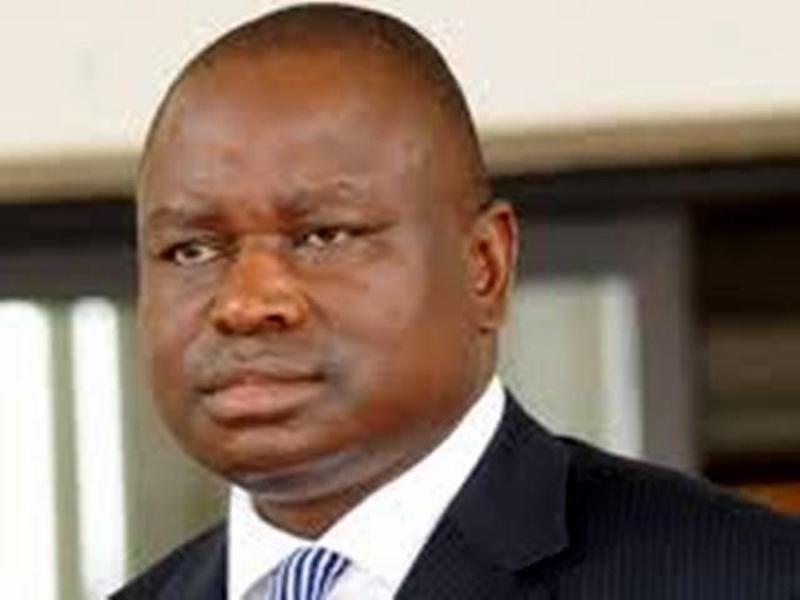CBN Backs Labour On Minimum Wage
The Central Bank of Nigeria, CBN, has thrown its weight behind organised labour’s quest to increase the minimum wage, saying that it would boost the economy.
CBN Governor, Mr. Godwin Emefiele, disclosed the apex bank’s position while briefing the press on the outcome of Thursday’s Monetary Policy Committee, MPC, meeting, in Abuja.
Emefiele, who warned Deposit Money Banks against lending to politicians or abetting money laundering as campaigns for the 2019 general elections, expressed optimism that the proposed increase in the nation’s minimum wage would boost the economy through increased aggregate demand.
Meanwhile, the House of Representatives Committee on Labour, Employment and Productivity said yesterday that the National Assembly would give the minimum wage bill accelerated hearing and passage whenever it was presented by the executive arm of government.
The federal and state governments are still ironing out the issue of N30,000 minimum wage which the Tripartite Committee recommended to government, but which state governors disagreed with, saying they could not pay unless workers were sacked or their allocations increased.
President Muhammadu Buhari had on November 27, set up a 30-man National Minimum Wage Committee, headed by a former Head of Service of the Federation, Ms. Ama Pepple.
The committee had recommended N30,000 minimum wage for workers but state governors, who argued that they were not carried along, insisted it would be impossible to implement the proposed new minimum without reducing their workforce
Expressing optimism that increased minimum wage increase would boost the economy, Emefiele said: “Given the negative output gap, the proposed increase in minimum wage would increase aggregate demand, it will stimulate output growth after the prolonged weak aggregate demand which was due to salary arrears and contractor debts.”
On possible inflationary impact of increased money supply due to increase in minimum wage, the CBN boss stated: “It’s impact on aggregate price level would be likely muted, given that aggregate demand has largely under-performed in the fiscal year of 2018.”
The CBN boss reiterated that the economy’s recovery from recession was tepid and that efforts should made to step up domestic aggregate demand through banks giving more access to credit to high employment generating sectors, with particular emphasis on Small and Medium Enterprises, SMEs.
This, he said, would be achieved with improvement in productivity in both the oil and non-oil sectors of the economy, improvement in harvest, exchange rate stability and addressing security challenges across the country. Economic challenges
The downside of the economic outlook, according to Emefiele, include reduced portfolio investment inflows, absence of fiscal buffers, low domestic credit and weak aggregate demand.
He, however, added that there would be an increased inflationary pressure towards the end of the year, largely due to consumer spending for the Christmas festivities, election-related spending and increased spate of implementation of the 2018 Federal Government budget.
The CBN boss indicated that access to foreign exchange for the importation of products that could be produced locally would be made more stringent.
The, MPC, he said had advised that the Anchor Borrowers Programme be extended to sectors such as fish and palm oil, with a view to replicating the success story that the programme had come to be associated with in the production of rice, among other items.




